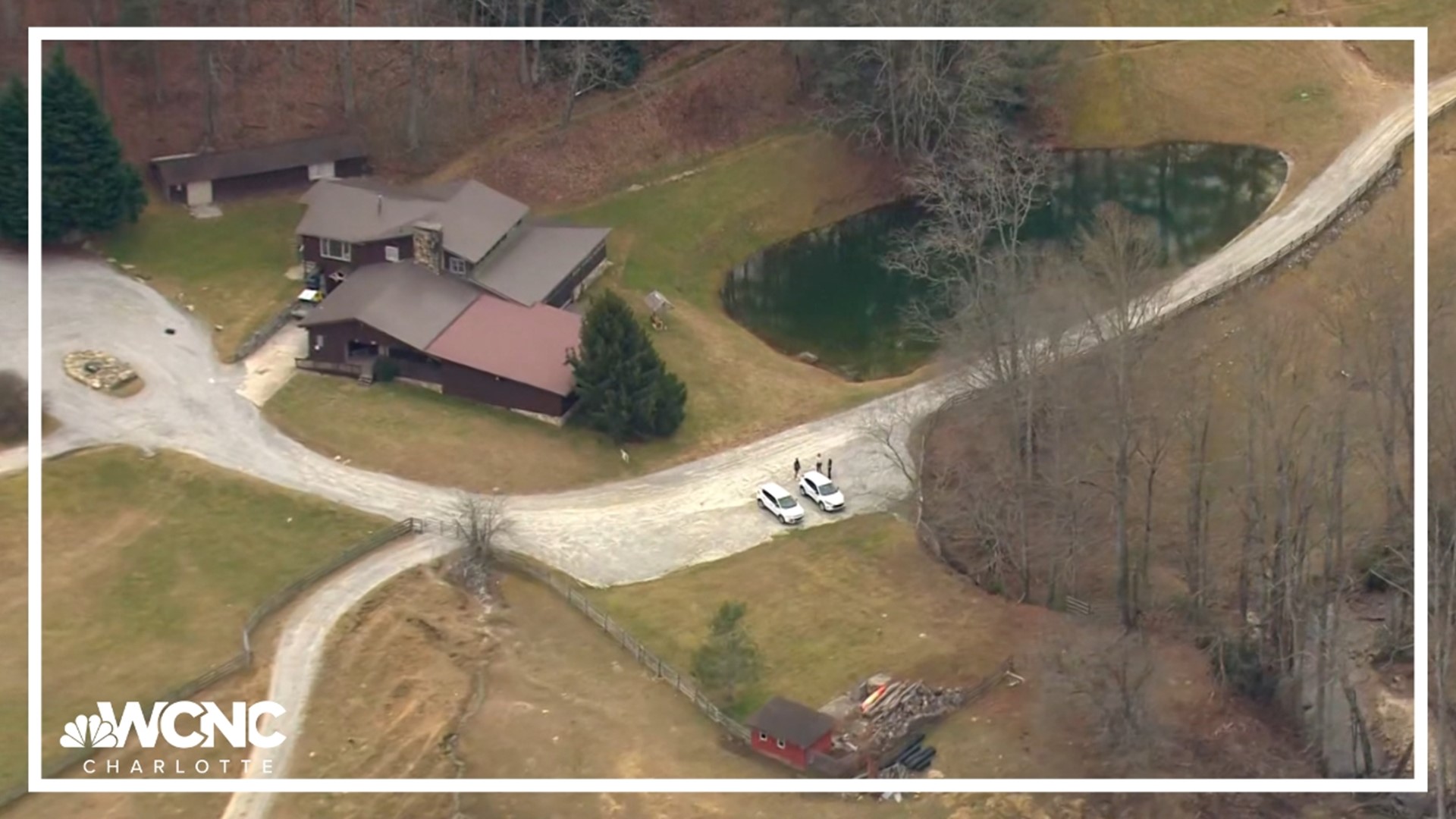TRANSYLVANIA COUNTY, N.C. — A wilderness therapy camp in western North Carolina is facing possible closure after state health officials found multiple violations with the site after a boy died there.
Trails Carolina was sent multiple orders on Thursday by the North Carolina Department of Health and Human Services (NCDHHS). The orders detailed fines, violations, and additional actions that could be taken against the camp.
The site was fined $18,000 for medication requirement violations and failure to protect from harm, abuse, neglect or exploitation, according to NCDHHS.
Additionally, the NCDHHS said it intends to revoke Trails Carolina's license for these and other violations. State regulators are allowing Trails Carolina 10 days to dispute these claims and show they are complying with state law in order to avoid closure.
A 12-year-old boy was found dead at Trails Carolina in early February. State officials began investigating the facility after the boy's death and removed all other children from the site within a week. Trails Carolina was also prohibited from accepting new admissions.
Trails Carolina is located about 35 miles outside of Asheville and is described as a wellness therapy program for troubled youth.
The program is also facing a lawsuit from a former student who claims staff members dismissed her complaints of sexual assault by another camper and denied her basic needs in 2016, according to NBC News.
Trails Carolina provided WCNC Charlotte with the following statement:
"We were surprised and disappointed to learn of the state’s intent to revoke the program’s license, given the progress we’ve made and continue to make. More than 2,500 children and families have benefited from Trails and we will continue cooperating with the state to satisfy their concerns so we can continue providing compassionate quality care to kids and families for whom every other treatment option has failed. We understand the situation’s immense media pressure and the impact such pressure has on state agencies doing their best to serve the public and act in the best interest of children and their families. The basis for some of the state’s conclusions are unclear, since it indicates policies it had approved, and in some cases helped create, are noncompliant. We have always valued our good working relationship with the state and hope to focus on what matters most: providing our students with the highest quality of care in a compassionate healing space."

